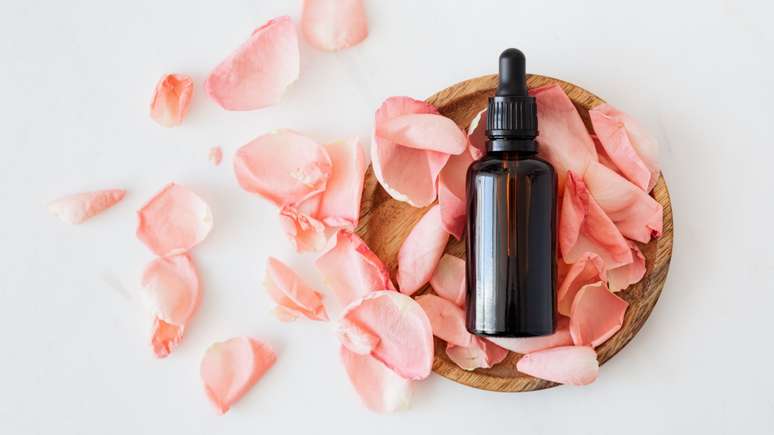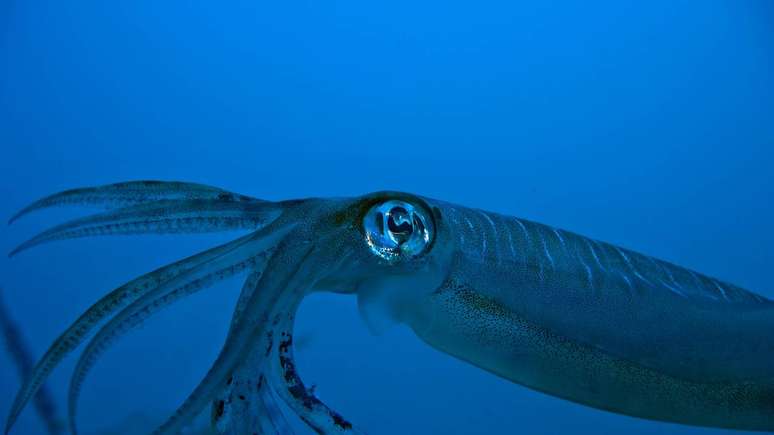In this week’s column, Karina Soeiro points out that although they seem synonymous, the types of cosmetics differ greatly; learn it!
About five years ago, the CEO of a well-known vegan and organic makeup line approached me with a big challenge: to develop a vegan, chemical-filter-free, nano-particulate-free sunscreen, and asked me to use only organic ingredients in the development of this formulation. Challenge accepted, and what a challenge!
html[data-range=”xlarge”] figure image img.img-06f48178f5e528f7c878019653a4c1c9zklilwrh { width: 774px; height: 435px; }HTML[data-range=”large”] figure image img.img-06f48178f5e528f7c878019653a4c1c9zklilwrh { width: 548px; height: 308px; }HTML[data-range=”small”] image figure img.img-06f48178f5e528f7c878019653a4c1c9zklilwrh, html[data-range=”medium”] figure image img.img-06f48178f5e528f7c878019653a4c1c9zklilwrh { width: 564px; height: 317px; }
These three “adjectives” of cosmetics – natural, vegan and organic – are not synonymous as many imagine. People relate these classes of products to a more attentive consumer, aware of their health and the environment. But that’s not true either. Let’s go to the definitions and differences:
vegan cosmetics
Vegan cosmetics are those that do not use any raw materials or have been tested on animals in their production. They even ban products that don’t necessarily sacrifice animals, such as the extraction of honey, milk or beeswax.
In Brazil, for a product to be considered vegan, it must have a seal granted by the Brazilian Vegetarian Society (SVB). Another seal well known by vegans is the ‘without cruelty‘, whose symbol is a rabbit and its meaning is “without cruelty“.
The big confusion here occurs because many people believe that a vegan cosmetic is natural, and this is not true. Vegan cosmetics, as I explained, do not contain products of animal origin, but the use of non-natural chemicals, preservatives, dyes, inputs that are not necessarily “ecologically correct” and contain potential allergens in their formulations (allowed by legislation, obviously, but sensitizing for sensitive skin). Therefore, if the product is only vegan, ordering here will only protect animals.
natural cosmetics
Natural cosmetics have this classification based on the source of obtaining the inputs that make up their formulation. When we think of a natural cosmetic, plants immediately come to mind; but not only them, but also minerals such as calcium hydroxyapatite extracted from shells and used for the production of photoprotectors or natural micas derived from silicon, iron and manganese used in make-up, are examples of the countless products that can make up a natural cosmetic . The unrestricted use of honey, beeswax, lanolin and other animal products is permitted here.
organic cosmetics
Organic cosmetics are always considered natural. The difference between natural products and those that are natural and organic is the concern for the sustainability of the entire supply chain in the production of the inputs. They cannot contain hormones, antibiotics, pesticides and genetically modified products. The plant extracts used in organic cosmetics must come from organic farming or wild harvesting and, although there is no specific regulation in Brazil, some certification companies issue seals such as Ecocert and Cosmos. Thus guaranteeing both the origin and the quality, sustainability and traceability of the ingredients used by the companies accredited by them.
For a cosmetic to be certified by COSMOS, 95% to 100% of the agro-ingredients in the formulation must be of organic origin and at least 20% of the total ingredients in the composition must be certified organic. In addition, the packaging must be made from recyclable material and the products must not contain synthetic fragrances and dyes. As long as they do not cause pain and suffering for extraction, such as honey and milk, ingredients of animal origin are allowed.
Are natural, vegan and organic cosmetics all the same?
Therefore, not all natural cosmetics are sustainable, not all vegan products are healthy, and not everything you see as organic on the shelves is free from animal products. And none of them are necessarily hypoallergenic.
Understanding the difference between these concepts is important for making an informed choice about which products you want to include or exclude from your skin and hair care routine. As always knowledge is everything, right guys? Count on me 😉
**
Pharmacist, Biomedical Doctor, Master in Pharmaceutical Sciences at the USP, university professor and international speaker at medical-pharmaceutical conferences and courses. Consultant in research and development of dermocosmetics for handling pharmacies and Brazilian, North American and German brands. CEO of compounding pharmacy Apotheka and founder of Cosmeteria Gourmet, a pastry-inspired cosmeceutical brand. Karina is also the creator of the first innovation club for pharmacists, the Innovation Club.
Source: Terra
Ben Stock is a lifestyle journalist and author at Gossipify. He writes about topics such as health, wellness, travel, food and home decor. He provides practical advice and inspiration to improve well-being, keeps readers up to date with latest lifestyle news and trends, known for his engaging writing style, in-depth analysis and unique perspectives.








